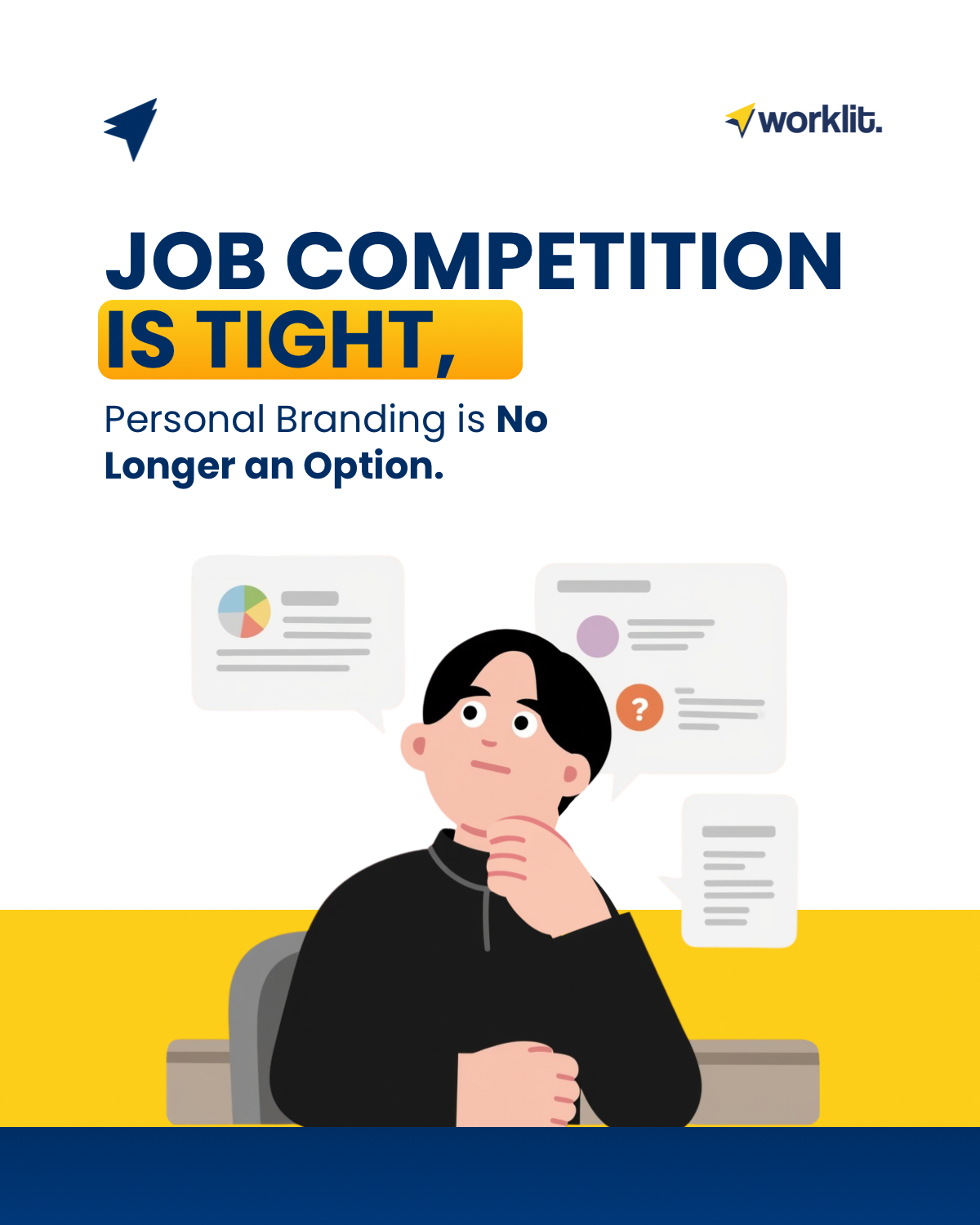When the formal sector can no longer absorb Indonesia’s ever-growing labor force, the informal sector becomes the fallback option. Ironically, this shift is largely driven by the fact that many Indonesian workers are simply not equipped to compete in today’s modern job market.
According to Indonesia’s Central Bureau of Statistics (BPS), out of 145.77 million employed individuals, 86.58 million people or around 59.40% of them worked in the informal sector as of February 2025. This means that more than half of Indonesia’s workforce does not hold decent, formal jobs. As a result, informal workers are often excluded from basic rights such as social security, formal contracts, or decent wages.
Even more concerning is the fact that the number of informal workers continues to rise year after year. BPS recorded an increase of 2.45 million informal workers in February 2025 compared to the same month in 2024. In other words, instead of decreasing, informal employment is growing. Why is this happening?
Reasons Why So Many Indonesians End Up in the Informal Sector
1. Mismatch Between Education, Skills, and Industry Needs
An individual’s education and skills play a vital role in determining whether they can secure a decent job. But many job seekers in Indonesia possess skills that don’t align with what industries actually require. As a result, many are unable to enter the formal job market and instead take on any work they can find—like driving for ride-hailing services or freelancing without legal protection.
Note: According to a 2024 World Bank report, only 19% of young Indonesian workers possess basic digital skills despite such skills being a standard requirement for most formal jobs today.
2. Informal Work Is More Accessible
Informal jobs often don’t require higher education degrees or specialized training. For many, they’re the most realistic and sometimes the only option to survive. These jobs are easier to find and quicker to start, even if they lack stability and long-term growth.
What Can Informal Workers Do to Transition Into the Formal Sector?
The challenges faced by job seekers and the ready-to-work population in Indonesia all point toward one crucial factor: Indonesian workers need to improve their knowledge, skills, and overall quality to break into the formal sector.
In this fast-moving and ever-changing era, industry demands are shifting rapidly. A university degree alone is no longer enough. Indonesian workers need relevant, up-to-date skills, the ability to adapt, and the motivation to keep learning.
That’s why, if you want to escape the trap of unemployment and informal work, don’t just wait for government support in the form of infrastructure or capital. The first step must come from within. If you’re one of those individuals, start to invest in your skills and build your personal value right now.




